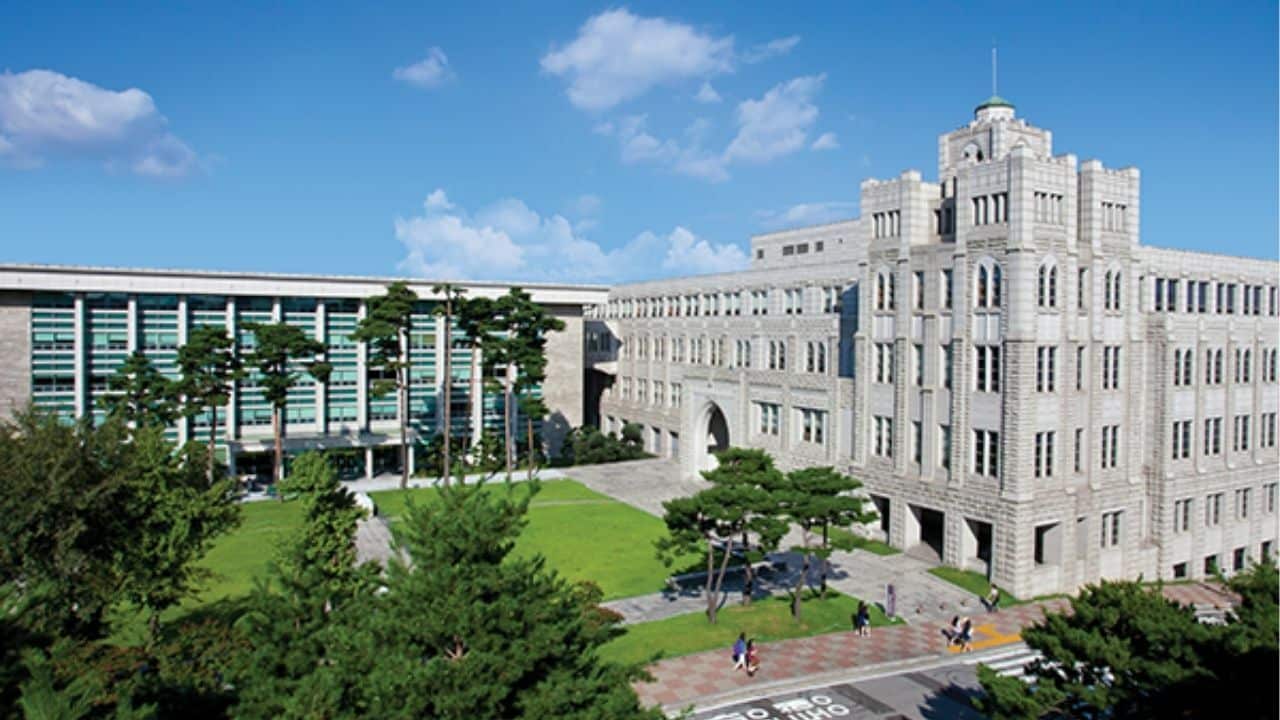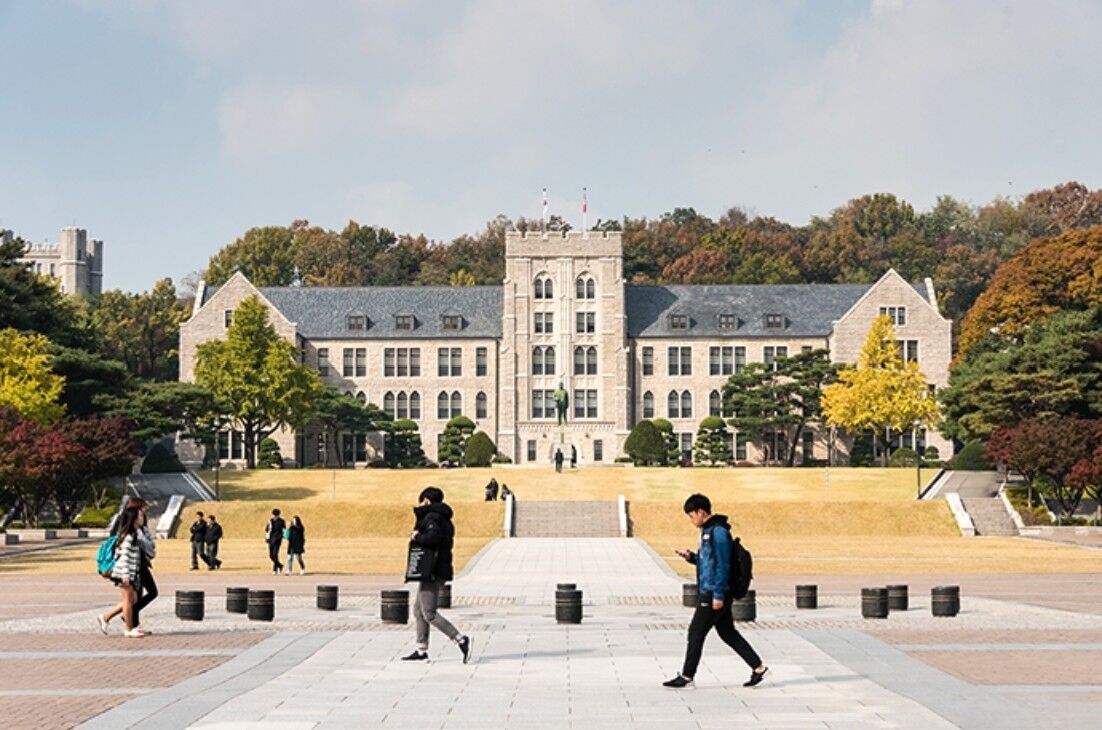

In a surprising twist to South Korea’s booming foreign arrivals, the number of Thai students and trainees has nosedived—raising eyebrows as other nationalities flock in record numbers.
New figures from Statistics Korea have revealed that in 2024, only 21,000 Thai nationals entered South Korea on student and training visas, a steep 40% drop from the previous year.
This decline bucks the broader trend. Overall, the number of foreigners arriving in South Korea for study or training climbed by 19%, totalling 99,000—a clear sign that the country remains an attractive destination for international education and skills development.
Statistics Korea did not clarify why Thai arrivals shrank so dramatically, leaving observers to speculate about possible causes.
One factor may be South Korea’s economic headwinds. An official report confirmed that sluggish growth has led to fewer job opportunities for foreign nationals. In 2024, 164,000 people entered the country on working visas—a 5% decline compared to 2023.
“Reduced demand for foreign workers in local companies has been a major contributor,” said Yoo Sook-doek, a spokesperson for the statistics agency.
Meanwhile, other groups appear unfazed by these economic concerns. The number of Vietnamese nationals coming to South Korea on study and training programmes soared by 25%, reaching 88,000. However, Chinese arrivals also slipped, falling by 18% to 112,000.

Experts say the contrasting trends suggest Thai citizens may be encountering unique barriers—ranging from tougher visa scrutiny to concerns about employment prospects after graduation.
“While the overall numbers show strong growth in South Korea’s appeal, the figures for Thailand stand out as a clear exception,” one education analyst said. “It will be important to watch whether this is a temporary blip or the start of a longer decline.”
Despite the drop in student and trainee arrivals, South Korea remains a major draw for international talent. The country has invested heavily in programmes designed to attract foreign workers and learners, from scholarships and language courses to streamlined visa processes, reported Bangkok Post.
Officials are expected to study the data further to identify the reasons behind the fall in Thai applications and explore whether targeted support or policy adjustments could reverse the trend.
In the meantime, Thailand’s sharp decline underscores how quickly international education flows can shift—even when the broader picture seems overwhelmingly positive.
The story Thai student numbers plummet in Korea as foreign arrivals surge as seen on Thaiger News.
